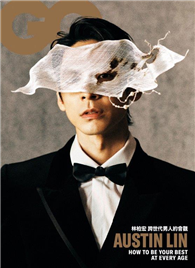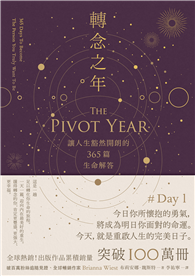Historical opinions regarding Joan of Arc are fraught with contradiction. As one of the most widely studied women in history, she has been labeled both a saint and a criminal, both a pioneering feminist and an "unnatural" transvestite. This work explores the attitudes that have followed Joan of Arc for centuries, beginning with the notions of gender and authority in the 15th century during Joan’s criminal trials.
The book’s central premise explores the interconnected social and political threads that informed the decision to canonize Joan of Arc in the nineteenth century, with extensive analysis of the many biographies that appeared during and after the canonization itself. Depictions of her as a leader contradict those that cast her as an obedient child. Dolgin traces the prevalent portrayals of Joan as a cultural icon for disparate social and political agendas.
A unique focus on the role of women’s clothing and the feminine image prevails throughout the book, with special attention to the portrayals of Joan of Arc and women in paintings, war posters, theater productions, and films during the early 20th century.









![114年智力測驗快攻搶分要訣[專業軍士官] 114年智力測驗快攻搶分要訣[專業軍士官]](https://media.taaze.tw/showLargeImage.html?sc=14100121139)


